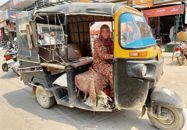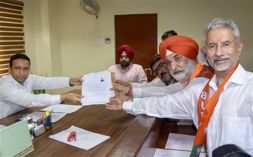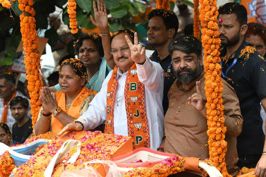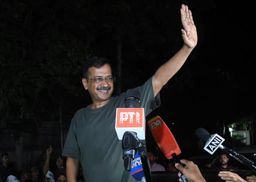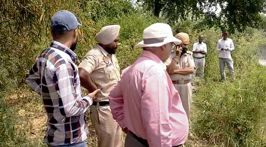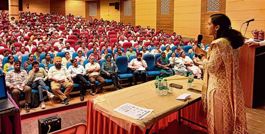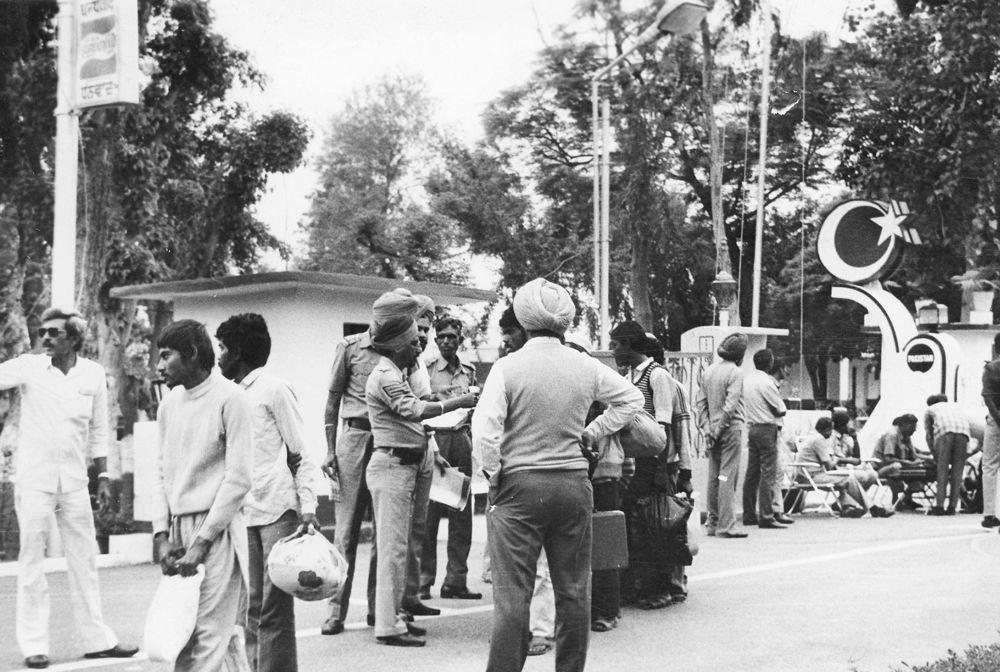
Forsaken: Travails of PoWs underline violation of human rights. File photo
Gp Capt Murli Menon (retd)
Defence analyst
When you go home
Tell them of us, and say
For your tomorrow,
We gave our today.
— Patrick O’Donnell
India’s 54 missing Prisoners of War (PoWs) from the 1965 and 1971 wars with Pakistan depict a pathetic story of poignant family travails and national shame. Our stand on 54 bravehearts being left stranded in various Pakistani jails has been stonewalled by that country diplomatically over time. MEA records show that during a meeting of the Foreign Secretaries at Murree in May 1984, Pakistan did admit that it had some “security prisoners” (euphemism for PoWs), with names akin to those of our missing soldiers.
Prisoners of War are governed by the Geneva Convention of 1949. It is possible that around 18 Pak PoWs were in Indian custody after the wars. Should that be true, it is not clear if they were part of the 93,000 PoWs captured after the 1971 war and since repatriated to Pakistan after the Simla Agreement of 1972. Suffice to say that there was a clear bilateral snafu in dealing with some unfortunate PoWs on both sides. Indian government rules stipulate seven years as the time span beyond which a missing PoW is deemed killed and his family compensated monetarily. Repeatedly, our government has maintained that nothing beyond meaningless bilateral parleys can be tried in this regard, perhaps for fear of third party intervention on the vexed Kashmir issue, more so after the 1971 war.
The Shimla Agreement cemented bilateralism as the means of dispute resolution. Also, our worthy diplomatic community, groomed in a culture of punching the adversary at the slightest provocation, was chary about being seen to be giving any quarter to Pakistan. The matter thus rested in limbo, while the families concerned bore the brunt of the uncertain fate of their loved ones.
First, we had the well-known story of Major AK Suri, the Quarter Master of 5 Assam Regiment, whose parents had reasons to believe their son was alive in Pakistan, thanks to inputs from some of his friends and his battered trunk somehow finding its way back to the Suri household.
Then there is the case of Flight Lieutenant Tambe, whose wife Damayanti (a national badminton champion) got several inputs about her husband being alive across the border, including from a Bangladeshi (erstwhile Pakistani) Naval Officer who claimed to have met him at a PoW camp. Damayanti refused to take compensation from the government even after seven years elapsed. She was one of those who, under a Musharraf era arrangement, travelled to Kot Lakhpat near Lahore to look for her husband. When I went to Islamabad as the Indian Air Adviser in December 2000, I sensed that there was a sincere feeling amongst all concerned to get a closure on the vexed issue. The same was also conveyed by Sushma Swaraj, our external affairs minister at that time, on her visit to the Mission.
I had been following the PoW issue since long. Two pilots, Flying Officers Muralidharan of 20 Squadron and Sudhir Tyagi of 27 Hunter Squadron (Flaming Arrows), were part of the PoW list and Suri’s folks had likewise got inputs regarding him being alive in a Pakistani jail.
British writer Victoria Schofield, in her book Bhutto: Trial and Execution, had mentioned about Bhutto complaining to her about the Kot Lakhpat Jail authorities (near Lahore) torturing him mentally through some eerily inhuman cries coming from beyond a wall outside his cell window. She found on investigation that these were indeed those of some mentally deranged Indian PoWs from the 1971 war. I wrote to Schofield to ascertain her version, but sadly got no reply.
Wishing to get some authentic inputs on the matter, I then visited Group Captain Cecil Choudhary (retd), a PAF 1971 war hero, at Lahore. He was then the president of the Christian Association and running a school, whilst being active in the country’s Human Rights Forum. Cecil was well-known to several of my IAF colleagues from their deputational tenures at Tikrit in Iraq. Cecil didn’t believe that the PAF had any use for Indian PoWs of that vintage, as their intelligence value was limited. I realised that he must have been suitably briefed by the ISI before meeting me and though he was courteous during the meeting, clearly he had his limitations as a minority citizen of an Islamist nation.
My association with the PoW issue did not end there. In 2011, I got a call from a young movie producer from the erstwhile Cochin royal family, named Rama. We met at Kochi and I told her what I knew of the PoW story. Her interest was in my namesake, Flying Officer Muralidharan of 20 Squadron, whose family had approached her to take up a case for national recognition for the officer.
The story of the missing PoWs leaves a bitter taste in the mouth for a veteran like me. We need to take a leaf out of the culture of Air Forces such as the USAF, which does not believe in “leaving anyone behind”.
In 2016, after 76 long years of them going missing on the ‘Hump’ from China to India in a B-24, two American airmen’s remains were retrieved from the jungles of Arunachal Pradesh and taken to Hawaii for DNA testing, to be given burial with full state honours back in their homeland later. The Indian government has been utterly indifferent and lax in its attempts to get their bravehearts back from enemy jails. Not only is the PoW story a poor indicator of our spirit of nationalism, it smacks of crass neglect of the human rights of the officers concerned and their families.
Join Whatsapp Channel of The Tribune for latest updates.







